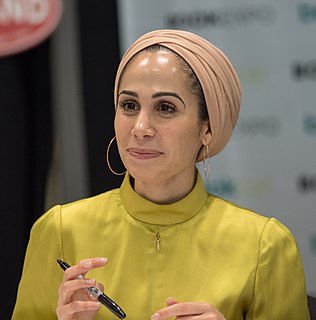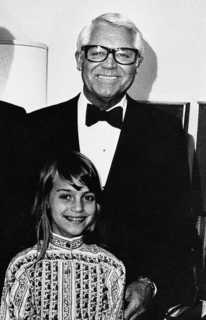A Quote by Arthur Miller
Great stones they lay upon his chest until he plead aye or nay. They say he give them but two words. "More weight," he says. And died.
Related Quotes
Services were held today for Ken Lay - convicted thief and crook Ken Lay.They folded his arms across his chest and sowed his sleeves together so he couldn't put his hands in anyone's pockets when they walked by. You know when they say in a eulogy, "You're all richer for having known him." I don't think they're going to hear that.
It was inevitable: Yankel fell in love with his never-wife. He would wake from sleep to miss the weight that never depressed the bed next to him, remember in earnest the weight of gestures she never made, long for the un-weight of her un-arm slung over his too-real chest, making his widower's rememberences that much more convincing and his pain that much more real.
Question four: What book would you give to every child? Answer: I wouldn't give them a book. Books are part of the problem: this strange belief that a tree has nothing to say until it is murdered, its flesh pulped, and then (human) people stain this flesh with words. I would take children outside and put them face to face with chipmunks, dragonflies, tadpoles, hummingbirds, stones, rivers, trees, crawdads. That said, if you're going to force me to give them a book, it would be The Wind In The Willows, which I hope would remind them to go outside.
Bertrand Russell used to employ the method of "evidence against interest"; in other words of deciding that a critique of capital punishment, say, carried more weight if it came from a prison governor. (My friend John O'Sullivan puts it like this: If the pope says he believes in God, he's only doing his job; if he says he doesn't believe in God, he may be on to something.)
His hands are holding my cheeks, and he pulls back just to look me in the eye and his chest is heaving and he says, "I think," he says, "my heart is going to explode," and I wish, more than ever, that I knew how to capture moments like these and revisit them forever. Because this. This is everything.
An intelligent man said that the world felt Napoleon as a weight, and that when he died it would give a great oof of relief. This is just as true of Byron, or of such Byrons of their days as Kipling and Hemingway: after a generation or two the world is tired of being their pedestal, shakes them of with an oof, and then - hoisting onto its back a new world-figure - feels the penetrating satisfaction of having made a mistake all its own.
Two weeks until your cure" she says finally. "Sixteen days" I say, but in my head I'm counting: Seven days. Seven days until I'm free and away from all these people and their sliding superficial lives brushing past one another gliding, gliding, gliding from life to death. For them there's hardly a change between the two.







































